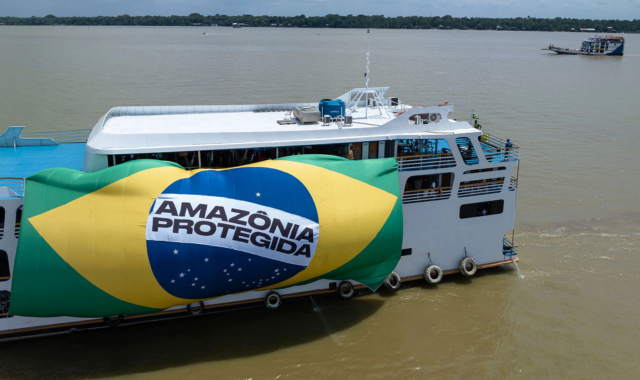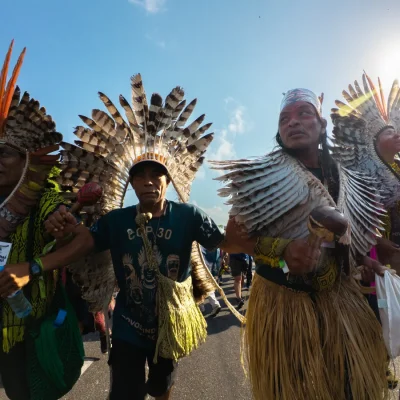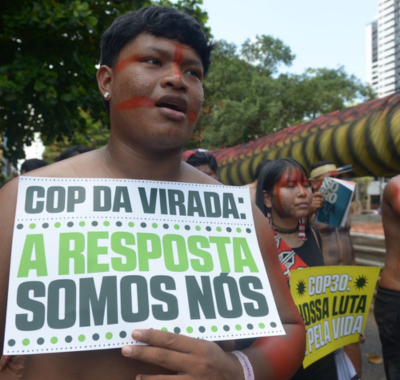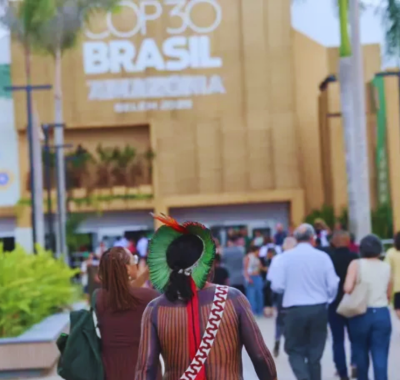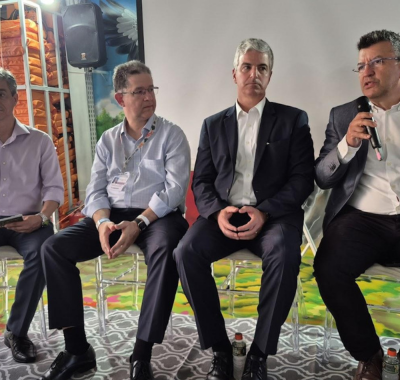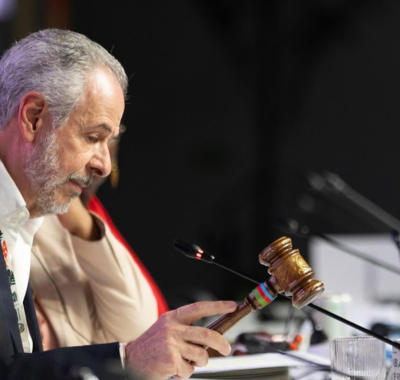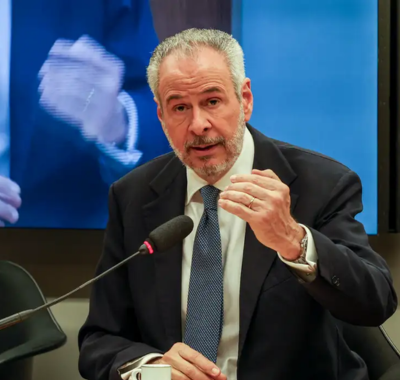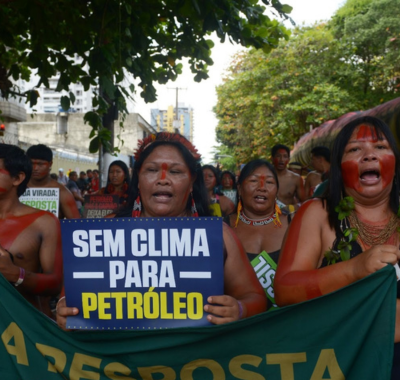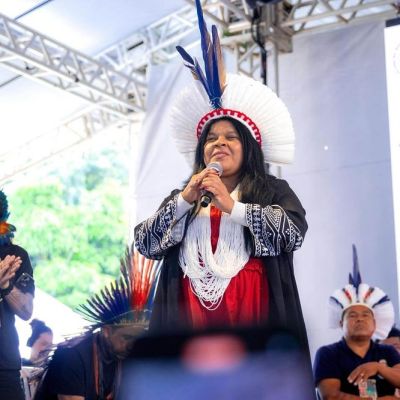A demonstration involving more than 200 boats opened the People's Summit, which calls for popular participation in climate decisions. Author: Isabel Seta Indigenous people, quilombola communities, riverside dwellers, artisanal fishermen, small farmers, people affected by dams, activists from the Landless Workers' Movement, young people, and even priests. To the sound of live carimbó music, they were all – literally – on the same boat for a demonstration on the waters that bathe Belém, the host city of COP30. They participated in the boat parade, a demonstration with more than 200 boats that sailed through the Guajará Bay on the morning of Wednesday, November 12th, so that the eyes of the world would be directed not only to the forest, but also to the rivers that make up the Amazon. "The river is culture, the river is my street, as we say here in Belém," said Cleidiane Vieira, from the Movement of People Affected by Dams. In boats of all sizes, the event brought together thousands of people from different social groups, with diverse demands and backgrounds, but one major common claim: climate justice in the negotiations of the UN Climate Conference.

